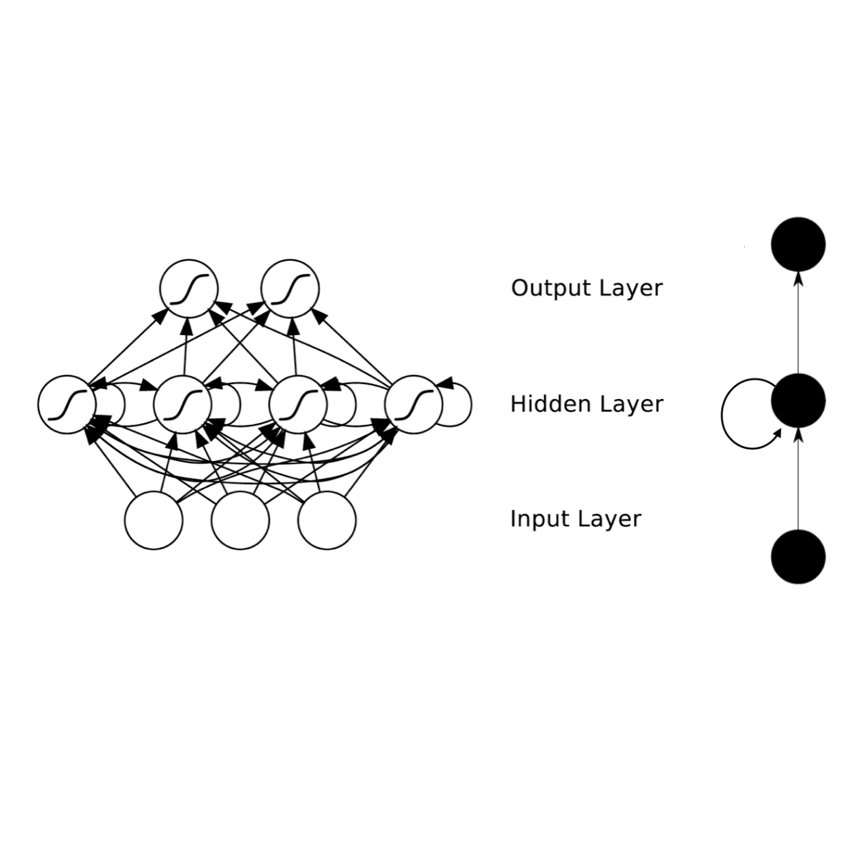In the growing world of the internet, the number of ways to obtain crucial data such as passwords and login credentials, as well as sensitive personal information has expanded. Page impersonation, often known as phishing, is one method of obtaining such valuable information. Phishing is one of the most straightforward forms of cyberattack for hackers and one of the simplest for victims to fall for. It can also provide hackers with everything they need to get access to their target's personal and corporate accounts. Such websites do not offer a service, but instead, gather personal information from users. In this paper, we achieved state-of-the-art accuracy in detecting malicious URLs using recurrent neural networks. Unlike previous studies, which looked at online content, URLs, and traffic numbers, we merely look at the text in the URL, which makes it quicker and catches zero-day assaults. The network has been optimised to be utilised on tiny devices like Mobiles, and Raspberry Pi without sacrificing the inference time.
翻译:在互联网的日益增长的世界中,获取密码和登录证书等关键数据以及敏感个人信息的途径增多了。页面假冒(通常称为网钓)是获取此类宝贵信息的一种方法。钓鱼是黑客最直接的网络攻击形式之一,也是受害者最容易相信的。它也可以向黑客提供他们需要的一切,以获得其目标的个人和公司账户。这些网站不提供服务,而是从用户那里收集个人信息。在本文中,我们在利用经常性神经网络探测恶意URL方面实现了最先进的准确性。与以往研究不同,我们只看网络中的内容、URL和流量数字,我们只看URL的文本,它使得它更快和捕捉零天攻击。网络被选用在小型设备上,如移动器和莓莓皮,而没有牺牲推论时间。




